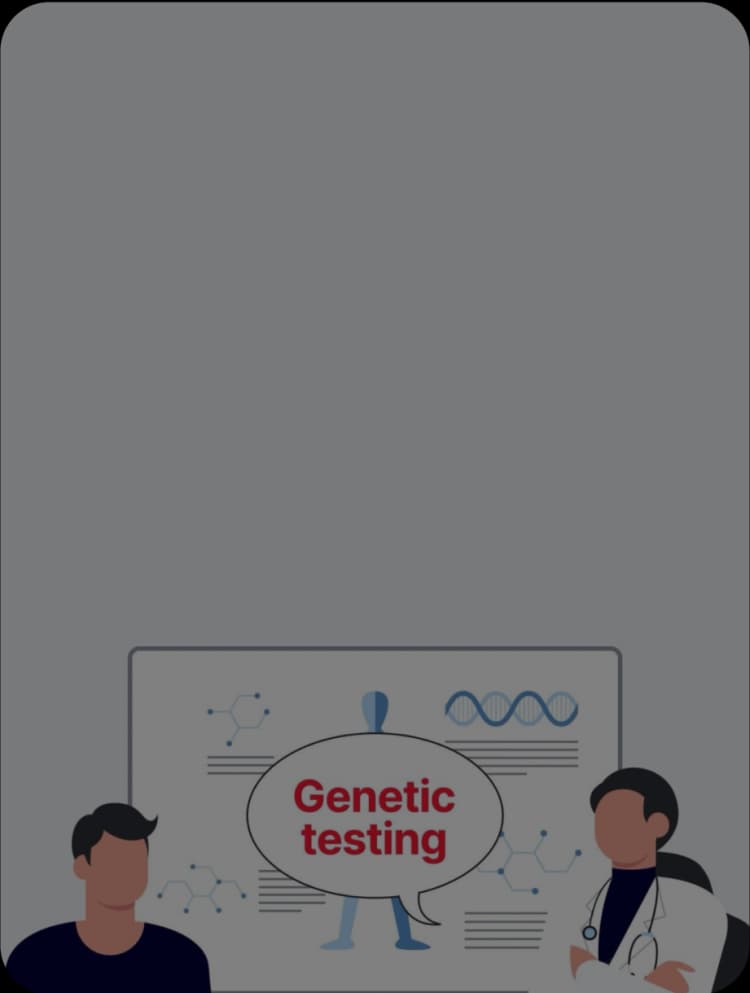🧬 GEBRA™ Use Guide: Gene Coverage – Diagnostic Confidence Starts with Coverage

🧬 “When results look ambiguous, check coverage first.”
It happens: the clinical picture is compelling, yet your result reads negative.
The next question is obvious—was the gene adequately covered?


GEBRA Gene Coverage gives you that answer immediately.
Before drawing conclusions, verify coverage depth visually and quantitatively, so downstream interpretation rests on solid ground.
🔍 “Was this gene truly read well enough?”
From the Gene Coverage section on the sample page, search by gene or panel and see 10× / 20× coverage rates instantly.


For example, querying ABCA4 displays its 10× and 20× coverage percentages so you can quickly judge whether sequencing was sufficient.
If coverage is low, “no variant detected” may actually mean “not confidently observed,” guiding follow-up testing or re-analysis.
🧩 Panel-level quality at a glance
GEBRA ships with 304 predefined gene panels.
Search a panel—e.g., Progressive renal disease—to view 10× / 20× coverage across all genes in one table.


This elevates quality control from single-gene checks to panel-wide validation.
Coverage isn’t a “result”—it’s a prerequisite. Accuracy is determined here.
⚙️ Build and manage your own gene panels

Need a center-specific list? Click + New Gene Panel to create custom panels for your focus areas (e.g., Mitochondrial disorders, Cardiomyopathies).

- Name the panel and add a brief description
- Select candidate genes and save to your internal DB
- Reuse for coverage checks and interpretation filters anytime
This gives your team ownership of quality for your disease cohorts.
📈 Real impact on clinical workflow
| Step | Traditional approach | With GEBRA Gene Coverage |
| Coverage verification | Rely on external reports | View instantly on the sample page |
| Per-gene check | Case-by-case request | Real-time lookup |
| Panel-level QA | Manual or not feasible | Auto-aggregated visualization |
| Result validation | Extra QC cycles | Built-in coverage QA as you interpret |
Immediate access to coverage accelerates decision-making and strengthens evidence:
“When can we trust a negative?” vs. “Where do we need targeted resequencing?”
💡 Coverage is the language of data quality
Even the best AI can’t compensate for insufficient input.
Gene Coverage translates raw sequencing performance into clear, visual metrics, so you can add confidence to results—and explain them to patients and boards alike.
🌱 Transparency that supports accreditation
Coverage transparency isn’t just convenient; it aligns with CAP/CLIA expectations for coverage adequacy.
GEBRA’s automated view helps you present explainable results:
“This gene met our coverage threshold; a negative call here is reliable.”
🔬 Conclusion — Make the invisible visible
Speed matters—but transparent quality matters more.
GEBRA Gene Coverage lets you verify reliability numerically and visually, providing a strong foundation for confident reporting.
The first step of any diagnosis is verifying data quality—GEBRA makes that step effortless.
📍 Learn More
See how Gene Coverage integrates with 3ASC, Reanalysis, Filters, and Knowledge Base in a single interpretation workflow.
Take a look at all GEBRA™ Related Articles:
- GEBRA™ Use Guide: 3ASC – Finding the One Causal Variant Among Thousands
- GEBRA™ Use Guide: Symptom-driven Update — When Phenotypes Evolve, Your Shortlist Should Too
- GEBRA™ Use Guide: Filters – See What Matters, Faster
- GEBRA™ Use Guide: Knowledge Base – Interpretations That Persist, Diagnoses That Compound
- GEBRA™ Use Guide: Gene Coverage – Diagnostic Confidence Starts with Coverage
- GEBRA™ Use Guide: 3bCNV – From Copy Number Variant Detection to Clinical Interpretation
- GEBRA™ Use Guide: Symptom Color Tag
Get exclusive rare disease updates
from 3billion.

3billion Inc.
3billion is dedicated to creating a world where patients with rare diseases are not neglected in diagnosis and treatment.






